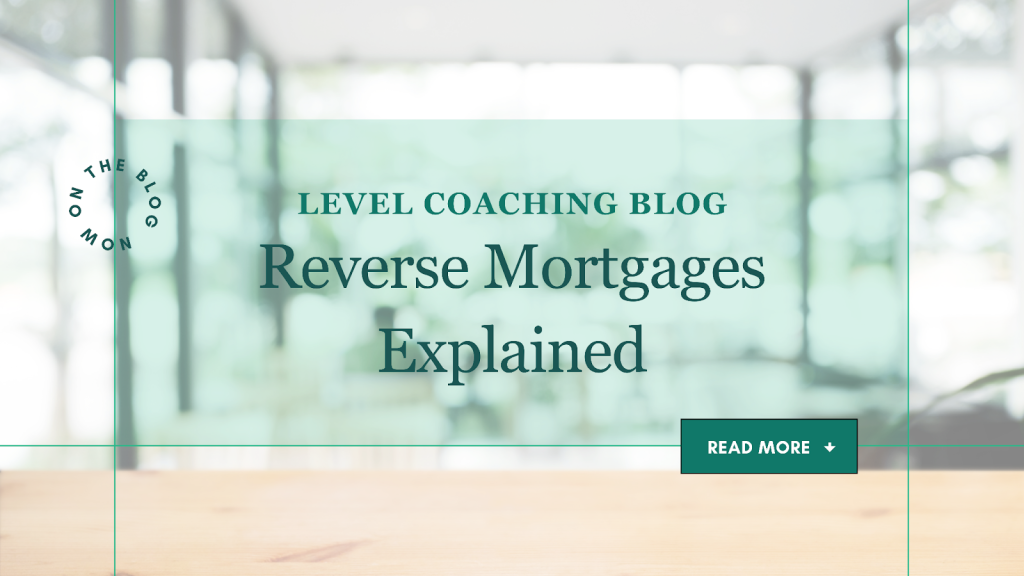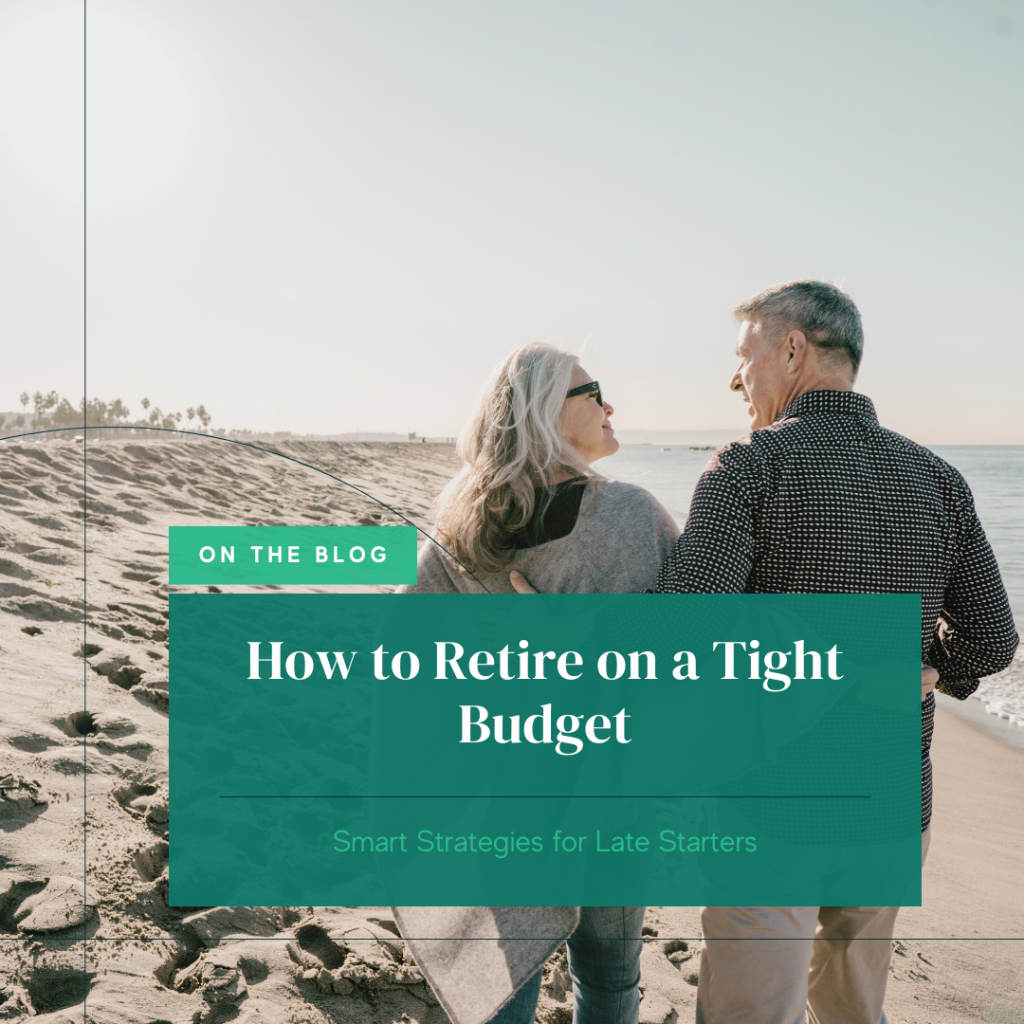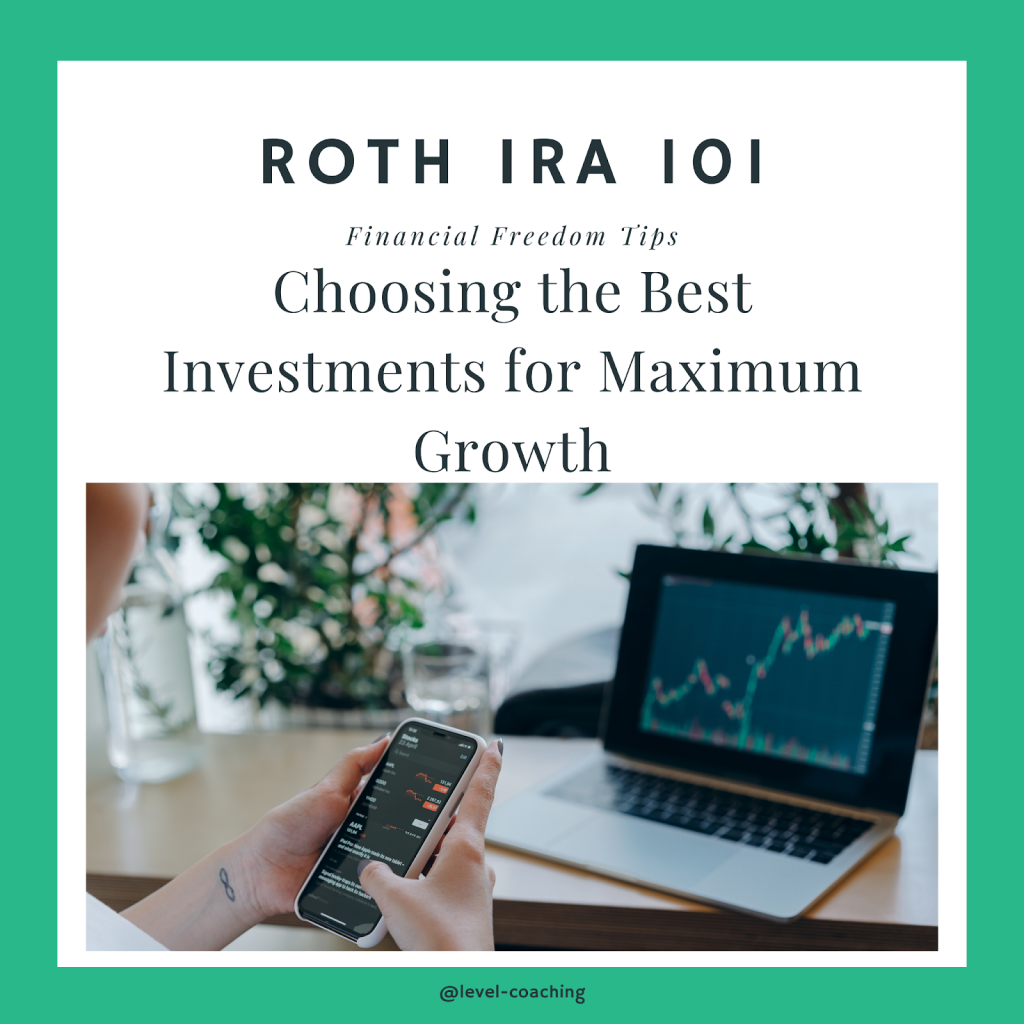Reverse Mortgages Explained: Is It Better Than a Home Equity Loan?

For many homeowners nearing retirement or looking to access cash in later life, tapping into home equity can be an attractive option. Reverse mortgages and home equity loans are two common routes—but they’re not the same, and each has its own implications, risks, and benefits.
In this guide, we’ll break down what a reverse mortgage is, how it compares to a home equity loan, what the 95% rule means, and how reverse mortgages impact your estate once you’ve passed.
What Is a Reverse Mortgage?
A reverse mortgage is a loan available to homeowners aged 62 or older that allows them to convert part of their home equity into cash—without selling the home or making monthly mortgage payments.
With a reverse mortgage:
- You retain ownership of your home.
- You receive funds as a lump sum, monthly payments, or line of credit.
- The loan doesn’t have to be repaid until the borrower sells the home, moves out permanently, or passes away.
The most common type is the Home Equity Conversion Mortgage (HECM), which is insured by the Federal Housing Administration (FHA).
How Is It Different from a Home Equity Loan?
While both reverse mortgages and home equity loans allow you to borrow against your home’s value, they work very differently.
| Feature | Reverse Mortgage | Home Equity Loan |
| Age Requirement | 62+ | None |
| Repayment | Due when borrower sells, moves, or dies | Monthly payments start immediately |
| Loan Payout | Lump sum, line of credit, or monthly | Lump sum |
| Home Ownership | Borrower retains ownership | Borrower retains ownership |
| Interest | Accrues over time, repaid at end | Paid monthly over loan term |
| Impact on Heirs | Reduces estate value | Predictable, manageable debt |
So, which is better?
- If you’re older, cash-strapped, and need flexibility with no immediate repayment: a reverse mortgage may make more sense.
- If you have stable income and can make payments, a home equity loan offers lower costs and greater control over interest and repayment.
Remember: reverse mortgages often come with higher fees and compound interest, which can significantly reduce the value of your estate.
What Is the 95% Rule?
The 95% rule is a federal guideline related to HECM reverse mortgages and how the home is handled after the borrower passes away.
Here’s how it works:
- When the borrower dies, their heirs have the first option to buy the home.
- They can purchase it for 95% of its appraised value—even if the loan balance is higher than the home’s market value.
- This protects heirs from owing more than the home is worth.
For example:
- If the reverse mortgage balance is $400,000 but the home appraises at $300,000, heirs can buy the home for $285,000 (95%) and the remaining balance is forgiven.
This rule is a safety net that limits loss, especially in declining real estate markets.
How Does a Reverse Mortgage Affect Your Estate?
This is a crucial consideration for families and retirees thinking about legacy planning.
1. Reduced Inheritance
Because a reverse mortgage uses home equity to provide cash, it reduces the value of your estate. When the home is sold to repay the loan, there may be little to no equity left for heirs.
2. Heirs Must Decide Quickly
After the borrower dies, heirs typically have 30 days to decide whether to:
- Repay the reverse mortgage and keep the home
- Sell the home and use proceeds to repay the loan
- Do nothing and allow the lender to sell the home (in which case, any excess value may go to the estate)
Extensions are sometimes granted, but time is limited, and heirs may not be prepared.
3. Non-Recourse Loan Protection
Reverse mortgages are non-recourse loans, meaning your heirs will never owe more than the home’s value—even if the loan exceeds that amount.
Pros and Cons of Reverse Mortgages
✅ Pros:
- No monthly mortgage payments required
- Access to home equity without selling
- Can improve cash flow during retirement
- Heirs are protected by the 95% rule and non-recourse terms
❌ Cons:
- Higher fees than traditional loans
- Interest compounds over time, reducing home equity
- Heirs may lose the home or inherit less
- Requires ongoing home maintenance and tax payments to avoid default
Should You Consider a Reverse Mortgage?
A reverse mortgage can be a powerful tool for retirees—but it isn’t right for everyone. Consider your long-term goals, your desire to leave a financial legacy, and your ability to maintain the home.
Ask yourself:
- Do I need additional income to support my retirement?
- Am I comfortable using home equity instead of leaving it as an inheritance?
- Can I afford the property taxes, insurance, and upkeep required?
If the answer is yes, a reverse mortgage might be worth exploring further—with the help of a trusted financial coach or advisor.
Final Thoughts
Reverse mortgages and home equity loans serve different purposes. Reverse mortgages offer flexibility and income later in life, while home equity loans are best for those who can handle monthly repayments. Understanding the differences—and the implications for your estate—can help you make an informed, confident choice.
Need Help Deciding?
At Level Coaching, we guide clients through big financial decisions—like whether a reverse mortgage fits their goals. Book a free consultation with one of our Financial Success Coaches to get clarity and confidence about your future.
Written by Nichole Olds,
May 2025


 Spiral notebook
Spiral notebook 




Responses